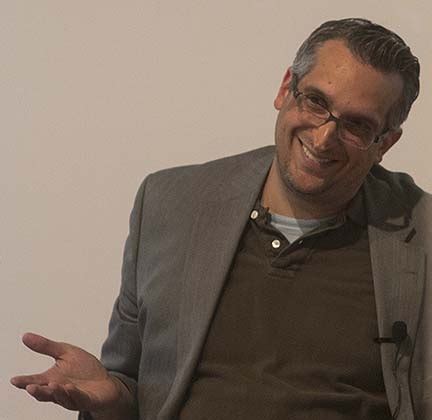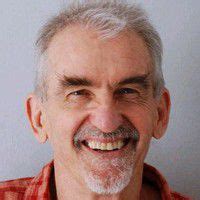A Quote by Richard Gilman
I don't think of myself as a critic or teacher either, but simply - and at the obvious risk of disingenuousness - as someone who teaches, writes drama criticism (and other things) and feels that the American compulsion to take your identity from your profession, with its corollary of only one trade to a practitioner, may be a convenience to society but is burdensome and constricting to yourself.
Related Quotes
Virgil Thomson, the great classical music critic, who was also a composer, but said that criticism was the only antidote he knew to pay publicity. Critics at their best are independent voices people take seriously their responsibility to see as many things as they can see, put them in the widest possible perspective, educate their readers, I really do think of myself as a teacher. Newspapers that don't carry arts criticism at all while not fulfill this function. And probably their arts journalism will be deprived as a result.
When it comes to identity, that was an issue that plagued me for a lot of my life. It's something that I wanted to tap into. Film can really take you to other places, and sometimes that's necessary to understand your own identity or someone else's identity or just the issue of identity, in general. It takes you. It's borderless. It's boundless. It's universal.
High fidelity is a rich experience, and you'll put up with terrible convenience to get it - maybe it's high cost, waiting in line, jumping through hoops. High convenience is the opposite - it's a commodity, but it's cheap and easy and ubiquitous. A great exclusive boutique shop is high fidelity; Wal-Mart is high convenience. Both are hard to establish in their own way. The thing to remember about sustaining either is that you can't sit still. Some other entity will always find a way to challenge your fidelity position or your convenience position.
There's lots of room to be your own worse critic. It's just you, so I think that's inherit, that voice that's always that's there monitoring everything you do. It's definitely worse; the critic is harder when it's just you. If you're doing a show, then the critic can blame the other actors your with.
One of the things I think about when we talk about a violence,and relationship to spirituality is that it seems to me when you take something from someone that isn't yours or you hurt someone else, fundamentally, you actually do that to yourself. You actually unmake yourself, you work against your own being and your own matter.
It was only after university that I said to myself that I had to take the risk and have a serious go at acting. It's such a bizarre profession, because you have to be totally tough to deal with all those times when you're being turned down, and then really soft in order to access your character's emotions.
I was the first critic ever to win a Tony - for co-authoring 'Elaine Stritch at Liberty.' Criticism is a life without risk; the critic is risking his opinion, the maker is risking his life. It's a humbling thought but important for the critic to keep it in mind - a thought he can only know if he's made something himself.



































